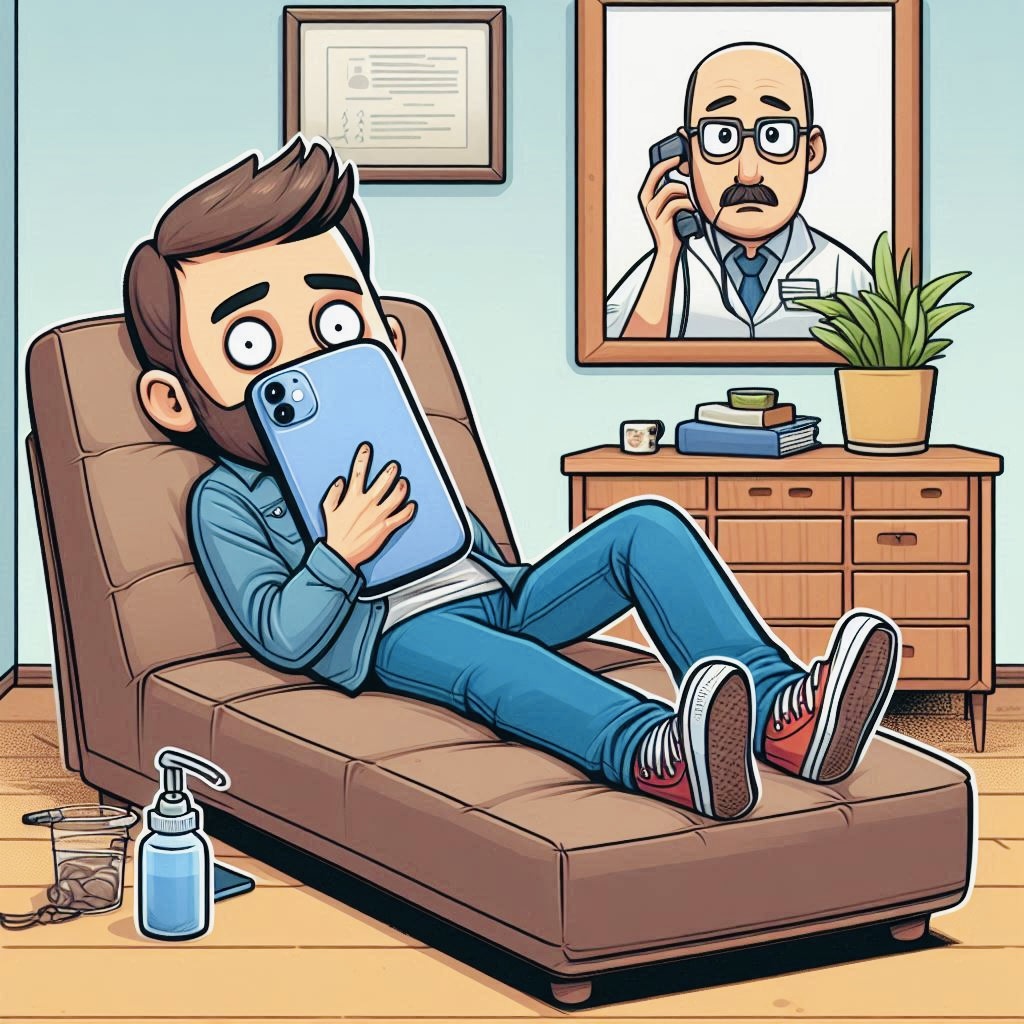
Audio Version
Social media seems inescapable. I cannot think of one person who doesn’t have at least one social media or online networking account.
Of the 26.7 million Australians in 2024, 20.8 million, or 78.3%, use social media (Digital, 2024). Frequent online activity doesn’t necessarily mean you have an addiction. However, excessive and compulsive social media use is a grave concern.
Social media has many useful functions, such as staying connected with friends, sharing special moments, establishing professional networks, reaching global audiences, and finding inspiration from thought leaders, content creators, influencers and celebrities alike.
At the same time, the impact of social media on our mental and emotional well-being is increasingly being likened to the effects of drugs. The parallels between social media use and drug addiction are striking and raise important questions on how our digital habits mirror those of a drug addiction, which we will now explore:
- Instant Gratification, Anticipation and Reward
Just as drugs can provide a quick and intense high, social media offers immediate rewards. Within seconds of creating a new post, likes, comments, and shares trigger a release of dopamine – the brain’s feel-good neurotransmitter – creating a sense of positive feeling and satisfaction. Over time, this can lead to a cycle of dependency, where individuals crave these quick bursts of validation to feel good about themselves.
- The Cycle of Craving and Withdrawal
Heavy social media users often experience cravings and withdrawal symptoms. When access to social media is restricted or removed, individuals may feel anxious, restless, or irritable. This discomfort can drive them to compulsively check their phones and social media accounts for reassurance, reinforcing the addictive cycle. The fear of missing out exacerbates this behaviour, making it difficult for individuals to disconnect and take breaks from being online. - Habit Formation, Tolerance and Escalation
Over time, the frequent bursts of dopamine and the positive reinforcement from constant feedback lead to habit formation. The brain starts to associate social media use with pleasure, making it an automatic behaviour. This is similar to how the brain forms habits around other stimulating activities, such as eating or gambling.
As with substance abuse, people can develop a tolerance to the pleasurable effects of social media, and therefore need to spend more time online and engage in more frequent interactions in order to achieve the same level of dopamine release. This escalation can result in excessive use and inability to control or manage behaviours. - An Escape from Reality
For many, social media serves as a form of escapism, much like drugs. It provides a way to momentarily step away from the challenges of everyday life, where users can curate their online personas and present an idealised version of themselves that garners admiration and envy. This virtual world can become more appealing than reality, leading individuals to spend excessive amounts of time online at the expense of real-world relationships and responsibilities. - The Illusion of Connection
While social media is designed to connect people, it often results in superficial interactions that lack the depth and intimacy of face-to-face relationships. The constant stream of notifications can create an illusion of connection. Users establish a sense of belonging within a like-minded community. However, this can prolong feelings of loneliness and isolation offline, as fleeting online exchanges take the place of more meaningful interactions. - The Toll on Mental Health
The addictive nature of social media can have significant consequences on mental health. Studies have linked excessive social media use to increased rates of anxiety, depression, and low self-esteem. Constantly comparing oneself to others coupled with the desire for external validation can lead to negative self-perception and emotional distress. The accessibility of social media 24/7 can also disrupt sleep patterns and add to overall stress.
Finding a Balance
Social media has the power to influence our emotions, behaviours, mental health and well-being. By understanding the parallels between social media use and drug addiction, we can strive to make more informed choices about how we engage online. If we aim for a healthier balance through increased self-awareness, boundary setting, and taking part in more real world activities, we can enjoy the benefits of social media without falling victim to its potentially addictive nature. However, some things are easier said than done. If you feel like your phone use is excessive and out of your control, I am here to assist.